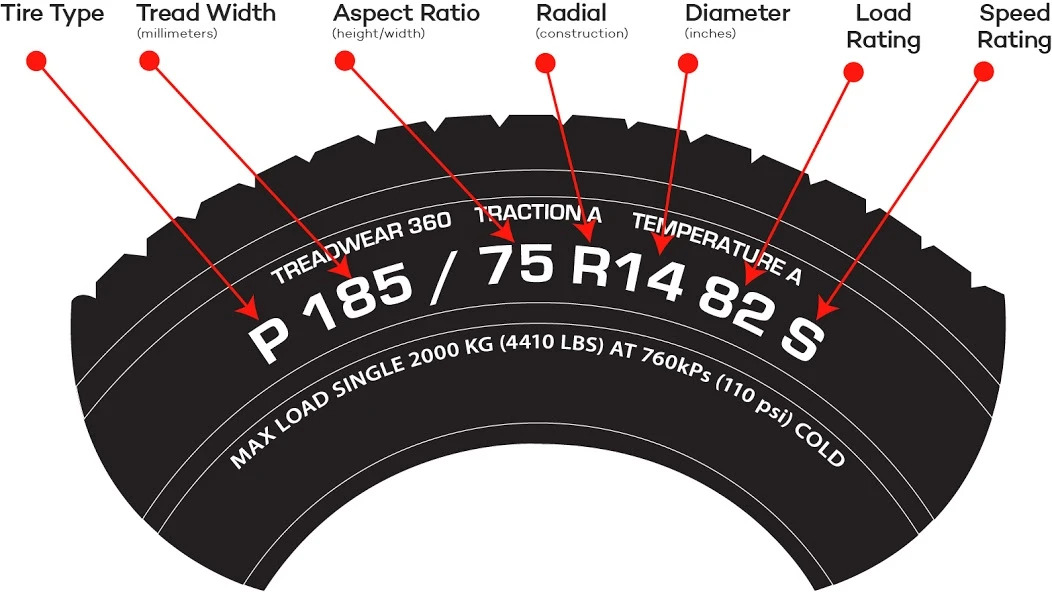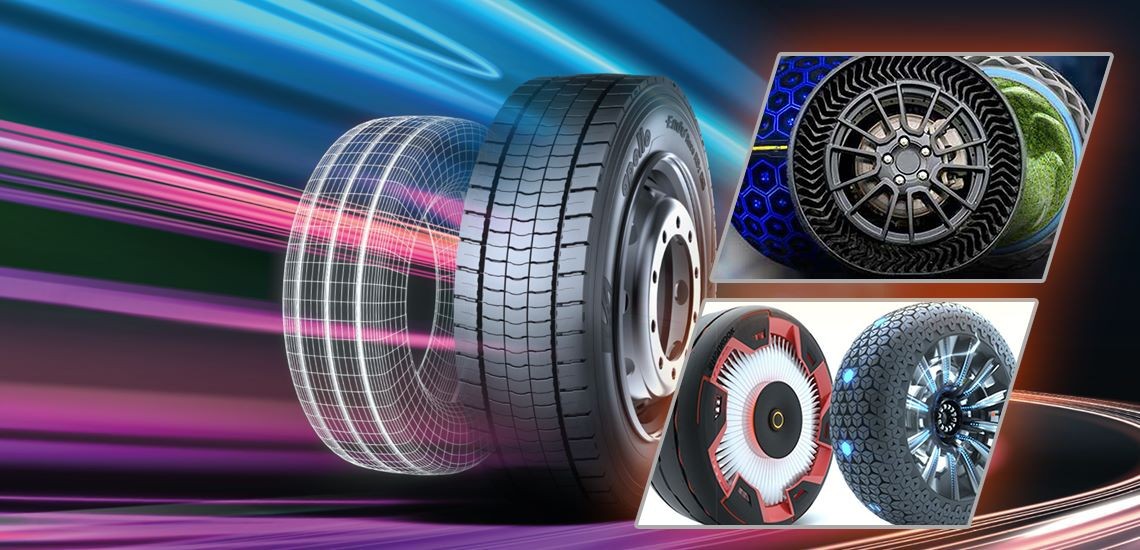Unraveling the Magic of Car Tires for Optimal Performance
Discover the impact car tires have on your vehicle's performance. Drive smarter by choosing wisely!

When it comes to optimal performance, the unsung hero is often the car tire. As an enthusiast or professional, understanding the magic behind car tires can significantly boost your vehicle's performance and overall driving experience. In this comprehensive guide, we will delve into this crucial vehicle component's details, unraveling its impact on vehicle performance.
Understanding Your Car Tires
To choose wisely, one should first understand the basics. Here, we'll explore the anatomy of a car tire, and how each part contributes to your vehicle's performance.
Table of Contents
- Understanding Your Car Tires
- Types of Car Tires
- Latest Advances in Tire Technology
- How to Choose Your Car Tire Wisely
- Car Tire Reviews: Making the Right Choice
- Tire Maintenance and Safety
- Unravel the Best Performance with Your Car Tires
Understanding Your Car Tires

Car tires are more complex than they seem. They're constructed from various types of rubber compounds and materials, engineered to withstand varying road conditions and driving behaviors. Let's dissect the anatomy of a car tire:
- Tread: This is the part of the tire that makes direct contact with the road. The tread pattern can affect the tire's grip, managing water, snow, or debris.
- Sidewall: The tire’s outer edges are known as sidewalls, which provide lateral stability while cornering.
- Bead: This secures the tire to the wheel's rim.
- Inner Liner: This replaces the traditional inner tube, holding the air inside the tire.
Tire Codes: Reading the Tire Wall

Ever noticed an alphanumeric code on the tire's side? It's not some secret language, but a valuable source of information:
Example: P215/65R15 89H P: Tire Type (P for Passenger vehicles) 215: Width of the tire (in millimeters) 65: Aspect ratio (height to width percentage) R: Construction (Radial) 15: Wheel diameter (inches) 89: Load index (carrying capacity) H: Speed rating (maximum operating speed)
Types of Car Tires

The right type of tire can be the difference between a comfortable, safe ride and a downright disastrous one. Here are the main types to consider:
Summer Tires
Contrary to the name, summer tires, also known as performance tires, are highly versatile and widely used. They provide fantastic dry and wet grip but aren't suitable for snowy conditions.
All-Season Tires
These are jack-of-all-trades, capable of handling most conditions moderately well. They balance comfort, efficiency, and grip, but they may not excel in extreme conditions.
Winter Tires
When it comes to icy roads, winter tires are a must. They are made from special rubber that remains flexible in cold conditions, while their tread pattern maximizes grip on slippery surfaces.
Latest Advances in Tire Technology

As auto manufacturers push the boundaries of technological innovations, tire companies aren't far behind. Let's shed some light on a few top advancements in tire tech:
- Run-Flat Tires: This technology allows you to continue driving with a puncture for a limited distance, buying you time to reach a mechanic.
- Self-Sealing Tires: Imagine a tire that seals its punctures! These feature an extra inner layer of sealant material that can handle most common punctures.
- Green Tires: Reducing CO2 emissions and fuel consumption, these tires are made with a new generation of environmentally friendly materials.
How to Choose Your Car Tire Wisely

When it comes to picking the right car tire, several factors come into play. Size, tread pattern, speed rating, and load index are just a few of them. Here's a step-by-step guideline on how to make an informed decision:
- Know Your Size: Check your tire's alphanumeric code to understand the size required.
- Analyze Your Driving Conditions: If you drive in snow, you may need winter tires. For mostly city driving, all-season tires could do the trick.
- Check Tire Ratings: Look at factors like tread life, ride comfort, noise, and handling.
- Understand Your Vehicle's Requirements: Certain cars may work better with certain types of tires, it's always wise to check your vehicle's manual.
Car Tire Reviews: Making the Right Choice
"Knowledge is power" never rings truer than when embarking on the search for the perfect car tire. Reliable car tire reviews are the backbone of a successful purchasing decision, providing a wealth of information regarding a tire's strengths and weaknesses. Consider options like the Michelin Primacy MXM4, renowned for its all-season capabilities, or the Bridgestone Blizzak WS80, a favorite among winter tire users.
Tire Maintenance and Safety

Once you've chosen the perfect tire, maintenance becomes key. Tire pressure should regularly be checked, with recommended PSI usually mentioned in your vehicle's manual. Remember, over-inflation can lead to bumpy rides and increased tire wear, while under-inflation can risk a tire blowout.
Depth of Tread
Monitoring the depth of tread is also vital as worn-out treads reduce traction and increase braking distances. A simple way to check is the "penny test." Insert a penny into your tire's tread with President Lincoln's head upside down. If you can see all of Lincoln's head, it's time for new tires.
Wheel Alignment and Balancing
Lastly, regular wheel alignment and balancing can prolong tire life and provide a smoother ride, avoiding unusual car drifts and vibrations.
Unravel the Best Performance with Your Car Tires
In conclusion, the path to high performance on the road goes right through your car tires - the magic hidden in plain sight. By understanding your car tires, keeping up with recent advances, choosing wisely, and maintaining them, you can significantly enhance your driving experience. Remember, what you roll on, determines how you roll on!
What's Your Reaction?








































































